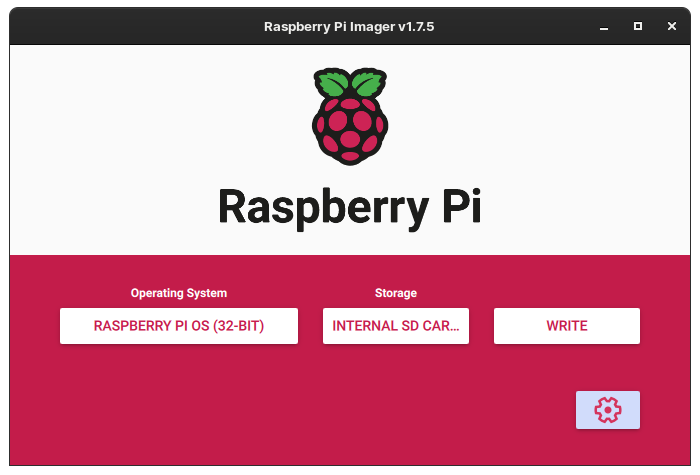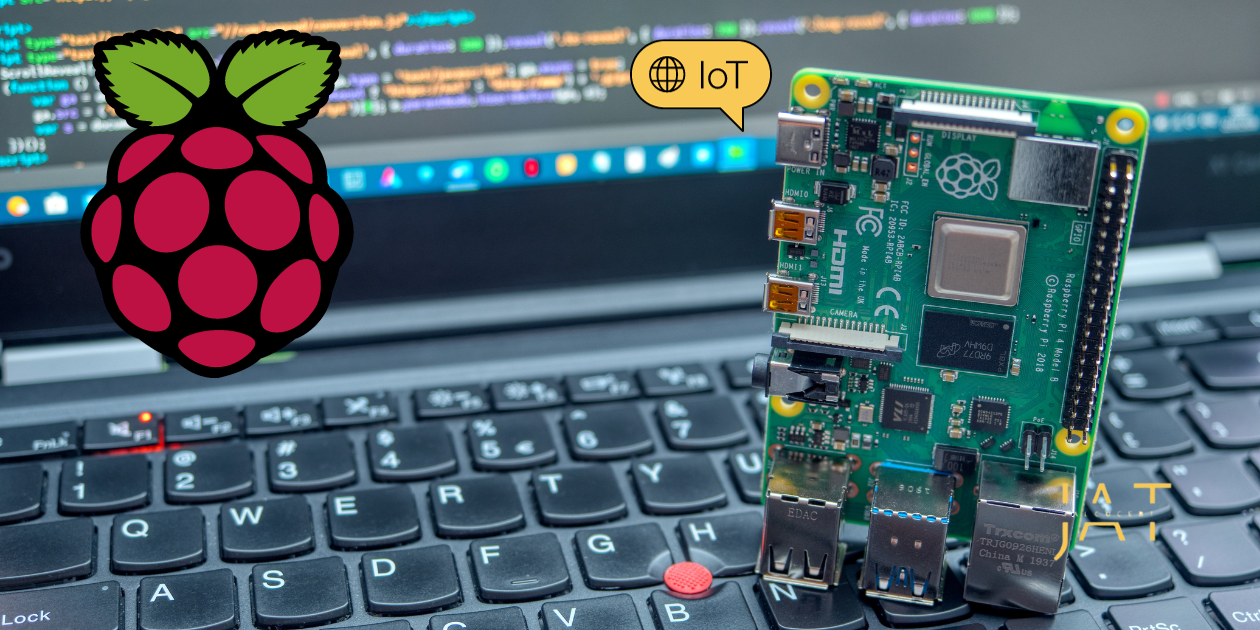Getting Started with Raspberry Pi Projects
A journey with the Raspberry Pi.
Fuel your curiosity with Raspberry Pi: a single board computer that can be our companion to learn a lot of cool stuff.
Why RPi?
The Raspberry Pi is a tiny computer, low power consumption (ARM based) that you can use to learn programming, practical IoT projects and also allow us to have our own server to run 24/7 tasks that don’t require the expensive hardware of a PC / server.
It can run Linux distributions like: Debian, OpenMediaVault or most commonly Raspbian OS.
It can also run Android.
All of the services/projects that we can make the RPi to run, can be easily ported to some cloud service, VPS and so on.
So a Raspberry Pi serves as an entry point to learn also about Cloud/Linux/Docker as well.
And ofc, the IoT: sensors, electronic…with its great GPIO.
How to Get Started with a RPi?
First I would recommend you to install Raspbian to the RPi.
- Raspbian/Raspberry Pi OS is based on Debian, a Linux distribution.
- You can also Try Home Assistant OS, with strong Focus on IoT Home Project, even Android!
But you dont have to be worried about this as I have created to onboard anyone to Linux and particularly to Debian based distros here.
If you are doing the RPi Setup, 99% of that information is applicable to our SBC.
Install Raspbian from any computer with RPi Imager:
1
2
3
4
apt update
apt upgrade
sudo snap install rpi-imager
 Getting the OS ready at the RPi
Getting the OS ready at the RPi
Now plug the SD Card to the RPi and make sure to enable SSH Access & open the related port 22.
You can pre-enable SSH Access by:
Open the boot partition of the SD card. This partition should be automatically accessible from any computer, as it is formatted in a standard FAT32 format.
In the root (main) directory of the boot partition, create an empty file named
ssh. Ensure the file has no file extension — it should NOT bessh.txtor any other variant.
There are other Single Board Computers out there that you can use to do similar projects.
Other OS’s
Android in a Raspberry Pi?
Yes, it is possible to run Android in our SBC.
Lineage OS
- Visit: https://konstakang.com/devices/rpi4/
- Download the latest version: https://konstakang.com/devices/rpi4/LineageOS20/
- Create a bootable SD card with the image and boot it
- Download the MindTheGapps file that matches your Lineage version and reboot into recovery mode, then load that file and Google Play Store will be ready to use.
Light OS for Raspberry Pi
- Raspberry Pi OS Lite
- DietPi
Home Assistant OS
To install HA OS on the Pi:
- Get ready RPi Imager
- Select: Other Speficic Purpose OS -> HA and Home Automation.
Make sure your Pi is connected to ethernet when booting and you will get a local IP with port 8123 to see the UI of the installation
Add-ons are only available with the Home Assistant Operating System.
After a while, this will be saying Hi to you:
You can give HA a try with Docker as well.
But you wont see these add-ons with the container image:
1
ha --help
Other Home Automations / IoT OS
- Homebridge
- OpenHAB… (you can also install them with Rpi Imager).
You can also use a Pi together with the Cloud:
Analytical Software for IoT Projects
See more aobut BI Tools
| Tool | FOSS | Pros | Cons |
|---|---|---|---|
| Metabase | Yes | Easy to use for creating dashboards and reports. Strong in data visualization and business intelligence. Supports a wide range of databases | Limited in advanced analytics capabilities. Not as flexible for custom data processing as some other tools |
| Apache Superset | Yes | Open-source data visualization and data exploration platform. Supports SQL querying. Customizable and extensible | Requires technical knowledge for setup and customization. May have performance issues with very large datasets |
| Kibana | Yes | Part of the Elastic Stack, excellent for visualizing Elasticsearch data. Great for log and time-series analytics. Real-time data visualization | Primarily tailored to Elasticsearch data. Can be complex to configure and optimize. Less versatile for non-Elasticsearch data |
How to BackUP a RPi
There are some cool ideas around:
Reddit, like this and this post
https://github.com/UnconnectedBedna/shrink-backup/tree/main
A utility to backup SBC:s (like Raspberry pi) into minimal bootable img files



